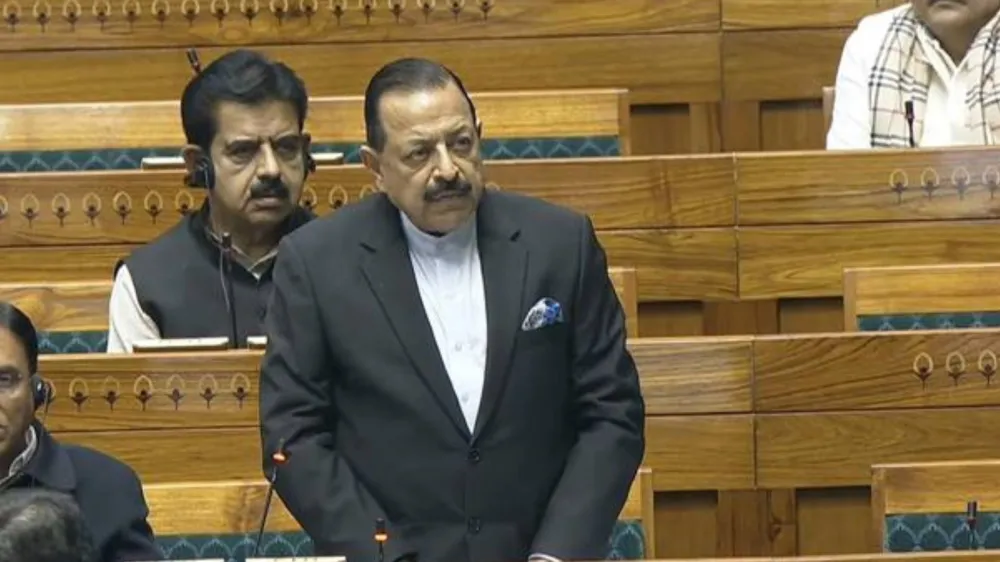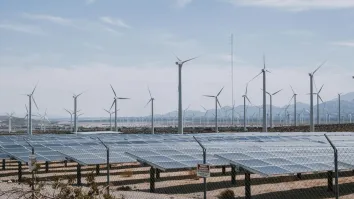Continued boom or bust for Japanese renewables?
By Arthur MitchellWhen Japan instituted the Renewable Energy Act (REA) in 2012, the stated policy was to encourage the development of renewable energy but to avoid the "boom and bust" cycles seen in other countries. Looking back, there is no question that the government created a booming market; particularly in solar. A reasonable question to ask now is whether we are about to see a bust?
According to figures from the Ministry of Economy, Trade and Industry (METI), 11 GW of new renewable energy was installed in the first two years of the program or about 4% of the entire installed capacity. During the same period, METI approved 71GW of renewable energy or about 25% of the total electric supply. Most of the approved projects involved PV solar but it is widely acknowledged that many of the projects that have not commenced construction by now will never be built.
METI, the government regulator, initiated the program with very limited eligibility requirements and generous feed-in tariffs (FIT), thereby creating an unexpected market boom. The utilities, senior politicians, and some bureaucrats now think that too much interest has been focused on solar and they would like to shift attention to wind and geothermal.
In reality, METI has gradually tightened the regulations on solar by requiring that sites be secured and panels placed on order prior to issuance of the FIT. It has also imposed a rule that projects must be completed within 180 days of the issuance of the FIT approval and has begun to cancel authorizations for projects that are not likely to be completed.
On the whole, this is probably a good market clearing exercise which will allow the remaining grid capacity to be used by developers who have the actual capability to supply power; however, it is not being done in a very transparent way.
Five utilities have announced that they will no longer accept applications for new solar deals by arguing that they will reach grid capacity limits for renewables if all of the approved projects come online. METI has announced that it is doing a top to bottom review of the program and will propose amendments to the REA in 2015, if necessary.
Recently, METI has also decided to halt new applications for solar and any plans to expand existing projects. Importantly, however, there is no suggestion that the 20-year effective period of the FIT will be affected or that projects which have already received confirmation of grid access from the utility will be cancelled.
METI is conferring with an outside committee of industry experts concerning how to reform the program so that renewables can play an important and sustained role in Japan’s energy mix. METI has also floated a number of proposals in the press, all of which have the purpose of restraining the pace in which solar resources will enter the system. Some of them are:
- Applying quantitative caps on solar projects;
- moving the effective date of the FIT back to the project’s commercial operation date rather than the date on which the paperwork is completed;
- adjusting the FIT every six months rather than once per year;
- extending the curtailment period (during which the utility can refuse to take solar power without compensation) beyond the current 30 day period; and
- introducing a "bidding system" whereby project developers would propose a tariff to the utility.
So far, the foregoing are only ideas that are being discussed and it is expected that some clarity will emerge by the end of this year. Similar proposals have been advanced and even adopted in other countries but it is hoped that Japan will weed out speculators who cannot deliver by imposing reasonable qualitative standards or eligibility requirements rather than creating uncertainties which will make project financing even more difficult. Some of the proposals, if adopted, will do just that.




















 Advertise
Advertise






